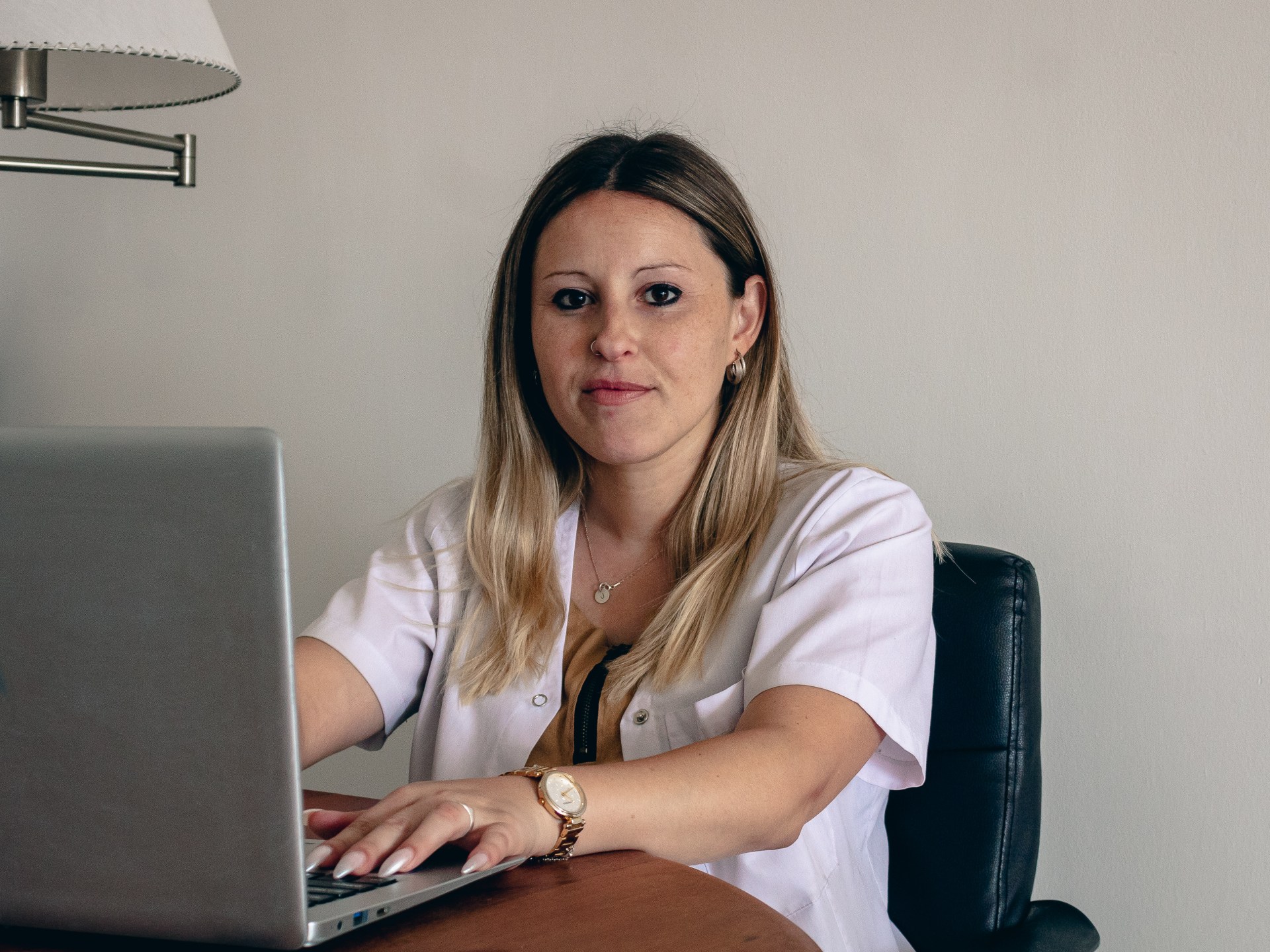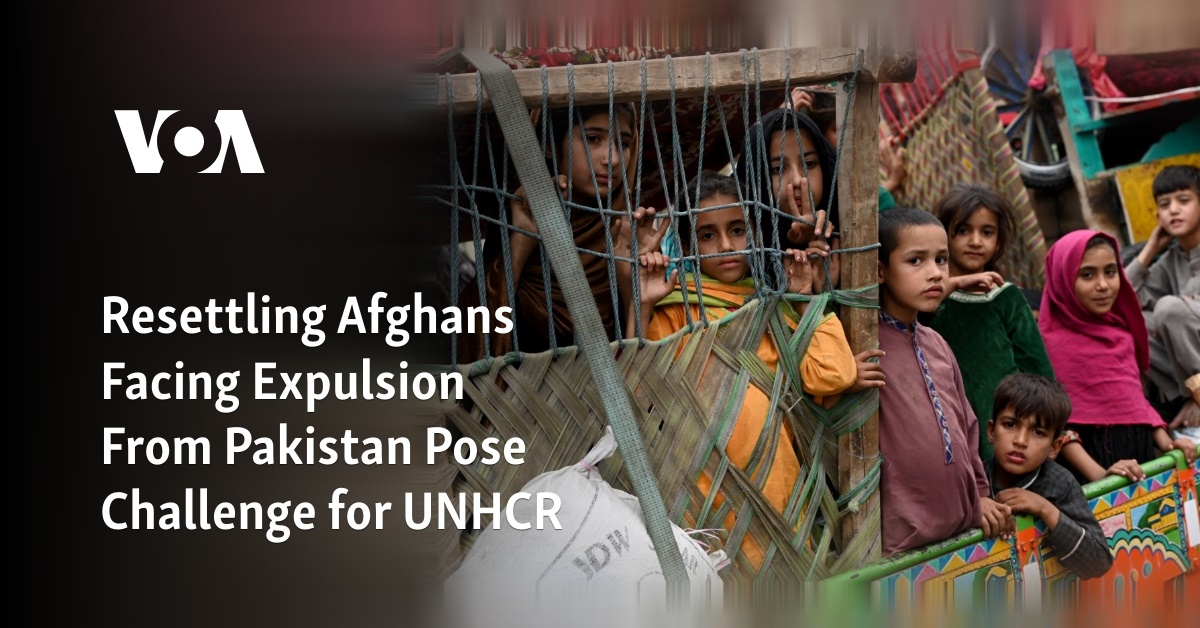
Buenos Aires, Argentina – 35-year-old psychologist Jesica Bianchiotti still remembers the days when most sessions with her patients began with a conversation about the weather or the results of the last football match.
But those days are long gone. Argentina is facing one of the worst problems Economic crises In recent history, sessions now begin with conversations about politics, rising prices and how hard it is to make ends meet.
“Things have changed a lot. “Most of my patients now have problems related to anxiety, fear and sleep disorders, all related to the uncertainty we all live with – how impossible it is to make long-term plans,” said Bianchiotti, who works in the greater Buenos Aires area. Area.
Argentina has Latin America’s third-largest economy – but has been plagued by decades of financial turmoil fueled by political instability and massive international debt.
This year, inflation reached record levels and shot higher than 140 percent. As a result, the value of the Argentine currency has fallen sharply. Even Basic grocery shopping is a challenge for some.
Against this background, experts like Bianchiotti report an increase in stress-related illnesses. However, Argentina has developed a way to deal with the problem: it has the highest rate of psychologists per capita in the world.
A Study 2015 It is estimated that there are 194 psychologists for every 100,000 Argentines – a rate more than three times higher than the nearest countries, Finland and Norway.
Psychotherapy is so popular that certain practitioners, such as Gabriel Rolon, have gained notoriety and appeared on television and radio shows. In 2022, psychology was once again one of the most sought-after career paths after medicine at the University of Buenos Aires.
However, according to Bianchiotti, the widespread acceptance of psychotherapy meets a widespread need. She has been treating patients for almost a decade and has seen an increase in the number of consultations she provides.
“The condition in which the patients come in is quite shocking. Many can’t even listen to what I say,” she told Al Jazeera, describing how some patients talk nonstop.
“They are anxious, jittery with fear and consumed by negative thoughts. Panic attacks are becoming more common and many people can no longer enjoy their free time because they are so worried.”
Fear is a normal response to real or perceived danger. It serves to help the body face or escape threats.
But anxiety can develop into a disorder with symptoms such as dizziness, tremors, migraines and fatigue. It may also increase risk factors for other illnesses such as depression.
“A certain amount of fear is a basic survival skill, but too much of it leads to problems. It can become debilitating,” Bianchiotti said.
The problem could be particularly acute in Argentina. More than half of the participants in one Study 2022 The country’s mental health, conducted by the University of Buenos Aires, said it was in a “crisis.”
The economy was cited as the most common reason for the crises by those surveyed. At 49 percent, it surpassed family problems, relationship problems and work as the main cause.

The study also found that 75 percent of respondents reported suffering from sleep deprivation. Among those with fewer resources, the number of sick people was even higher.
Meanwhile, an estimated 35 percent of those who needed mental health treatment said they couldn’t afford it.
Although psychologists are available free of charge in public hospitals, budget cuts are making it increasingly difficult for people on lower incomes to use their services. Those with more resources can opt for private therapy, a more expensive option that offers more flexibility in scheduling and services.
“Data shows that in Argentina there are many people who go to a psychotherapist, but many more do not have access to any services, even if they would like to use them,” says Fabian Maero, a psychologist, author and professor of the University of Buenos Aires, said Al Jazeera.
“If you have to choose between therapy and paying rent, it’s not much of a choice.”
Critics, including Maero, fear that the situation could worsen under the new incumbents President Javier Mileiwho took office on December 10th. Milei, a self-proclaimed “anarcho-capitalist,” was elected after he promised Cutting government spending to rehabilitate the economy.
Although he originally proposed abolishing the Health Ministry, Milei has since announced that he would keep the agency and appointed cardiologist Mario Russo to head it.
“We professionals are very concerned about this situation, how the lack of psychological care will affect the population and future generations,” Maero said.
He added that mental health professionals cannot ignore current events in their practices.
“We are facing major challenges. You want to treat someone about their problems, but what they might need is to talk about the context in which they live and what is happening to the country.”

Julieta Bieber, a 48-year-old administrative assistant in Buenos Aires, uses her therapy sessions to talk about the state of the country.
“This level of inflation means you have to live day by day and that is very hard,” she told Al Jazeera. “The first thing you do is you wake up and check what the dollar rate is and how much things have gone up in price. It really affects your quality of life.”
Bieber is hardly alone. According to a study, only 68 percent of Argentines say their mental state is positive Survey in October from the consulting firm Voices and the Worldwide Independent Network of Market Research (WIN).
This placed Argentina’s national “mood” among the lowest of the 39 countries surveyed, on par with Peru and just a few percentage points above Poland, which came in last with 65 percent.
“Everyone is in a bad mood. The situation is really stressful and people are getting sick,” Bieber said. “When you go to the doctor or therapist, they tell you to calm down. But how can you calm down with all this?”






Recent Comments